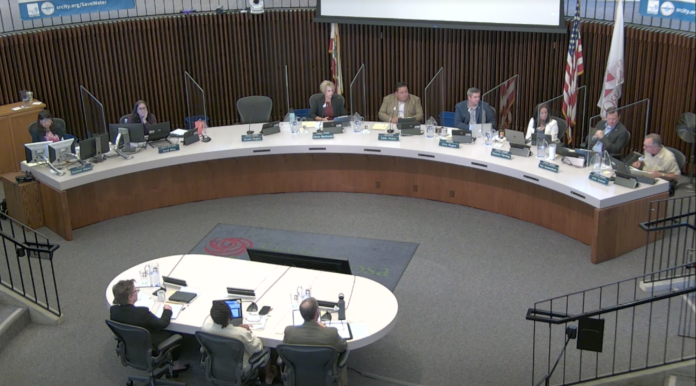With forecasts of a recession looming large, the Santa Rosa City Council last week opted not to request a living wage from voters at the ballot box in November.
At recent meetings, the council has discussed whether to add a measure to the ballot which, if passed, would have tied the mayor and councilmembers’ pay to the local median income beginning in 2025. The mayor would be paid the equivalent of the median income of a family of three—currently, $101,500—while councilmembers would be paid two-thirds of that figure, currently $67,660.
As it stands, Santa Rosa’s mayor is paid $17,000 in meeting stipends, plus benefits, per year. Councilmembers are paid $9,600 per year with benefits.
Supporters of the proposal were inspired by a similar ballot item, Measure JJ, which Berkeley voters passed in 2020. With living costs skyrocketing, backers say that the opportunity cost of serving on the council under current conditions discourages people without financial means from running for public office.
Still, the less-than-rosey economic projections made the supporters on the council blink, at least for now. The council discussed the possibility of putting the idea in front of voters in 2024 with the hopes that the economic situation would have improved—and city officials have had a chance to discuss the proposal with voters.
After a short discussion, the council unanimously agreed to discuss adding the item to the 2024 ballot at an Aug. 9 meeting.
The same day, the council voted to add the following measures to the city’s November ballot:
- Measure O, passed in 2004, a ¼ cent sales tax used to pay for police, fire and gang-prevention programs. It is currently set to expire in March 2025. An item added to the November 2022 ballot would extend the tax to 2045 and tweak how the funds can be spent.
- Two other measures added to the November ballot would update language in the city’s charter. The first item would update the charter language to reflect the city’s transition to district city council elections instead of citywide elections. The second would “update and modernize” the language of the charter in order to “remove ambiguities, to provide additional flexibility in City operations, and to ensure gender and citizenship neutrality.”









